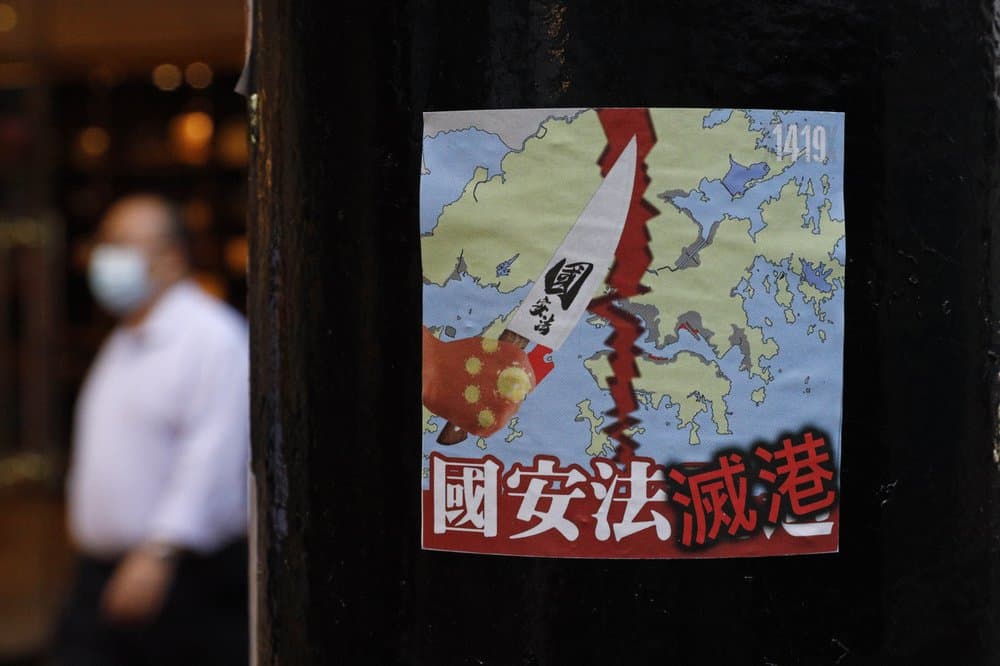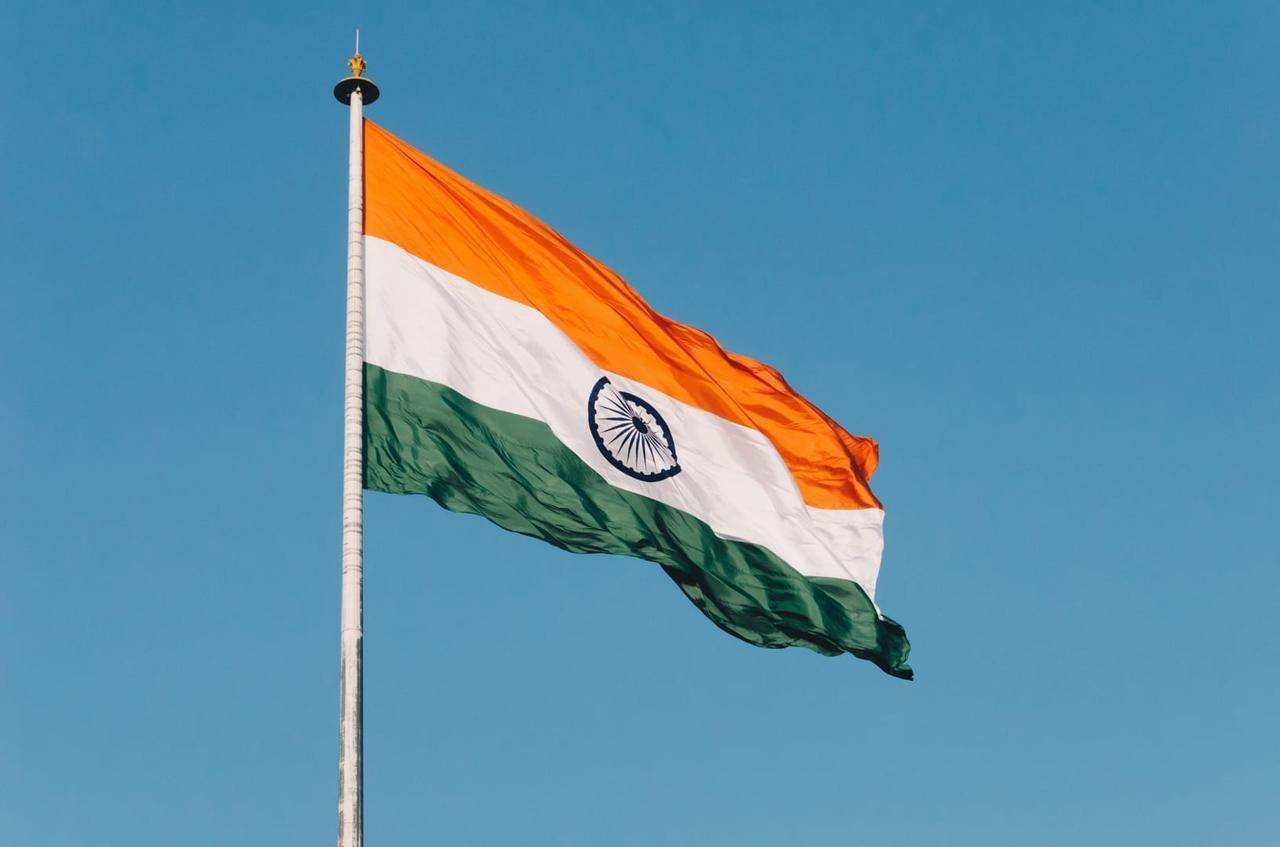MUMBAI, India – One of Asia’s leading cardinals has said China’s new security law in Hong Kong “destroys the city’s high degree of autonomy.”
Myanmar’s Cardinal Charles Maung Bo, the president of the Federation of Asian Bishops’ Conferences, called for all people in Asia to pray for Hong Kong and China “with great insistence.”
“I am concerned that the law poses a threat to basic freedoms and human rights in Hong Kong. This legislation potentially undermines freedom of expression, freedom of assembly, media freedom and academic freedom. Arguably, freedom of religion or belief is put at risk,” he said.
In a July 1 statement, Bo said China’s action “brings a most significant change to Hong Kong’s constitution and is offensive to the spirit and letter of the 1997 handover agreement” with the United Kingdom.
The 1984 Sino-British Joint Declaration on the handover of Hong Kong said that the city would have its own special status, preserving the freedoms it had under British sovereignty after it was transferred to China, creating the “one country, two systems” policy.
The new security law, which went into effect on Tuesday, outlaws secessionist, subversive and terrorist acts, as well as any collusion with foreign powers in interfering in the city’s affairs, and allows suspects to be sent to stand trial on the mainland if Beijing deems that it has jurisdiction.
UK Foreign Secretary Dominic Raab says the Beijing-imposed legislation “is a clear and serious violation” of the 1984 agreement.
While noting a national security law “is not in itself wrong,” Bo said “such legislation should be balanced with protection of human rights, human dignity and basic freedoms.”
“Hong Kong is one of the jewels of Asia, a ‘Pearl of the Orient,’ a crossroads between East and West, a gateway to China, a regional hub for free trade and until now has enjoyed a healthy mixture of freedom and creativity,” the cardinal said.
“The imposition of the law by China’s National People’s Congress seriously weakens Hong Kong’s Legislative Council and Hong Kong’s autonomy. It radically changes Hong Kong’s identity,” he added.
Bo pointed to the fact that religious institutions on Mainland China are “suffering the most severe restrictions experienced since the Cultural Revolution.”
“Even if freedom of worship in Hong Kong is not directly or immediately affected, the new security law and its broad criminalization of ‘subversion,’ ‘secession’ and ‘colluding with foreign political forces’ could result, for example, in the monitoring of religious preaching, the criminalization of candlelit prayer vigils, and the harassment of places of worship that offer sanctuary or sustenance to protesters,” the cardinal said.
He also referred to the fact that Hong Kong’s Basic Law guarantees freedom of belief, and the Beijing government needs to reaffirm this hasn’t been changed.
“Clear assurance should be given for my brother bishops and fellow priests as they prepare their homilies, Protestant clergy as they ponder their sermons, and for religious leaders of other faiths too who must instruct their communities. The participation of religious bodies in social affairs should not be disturbed,” Bo said.
“Will religious leaders now be criminalized for preaching about human dignity, human rights, justice, liberty, truth? We have learned from heavy experience that that wherever freedom as a whole is undermined, freedom of religion or belief – sooner or later – is affected,” the cardinal said.
Hong Kong’s former bishop, Cardinal Joseph Zen, has already said he is prepared to be arrested under the law.















